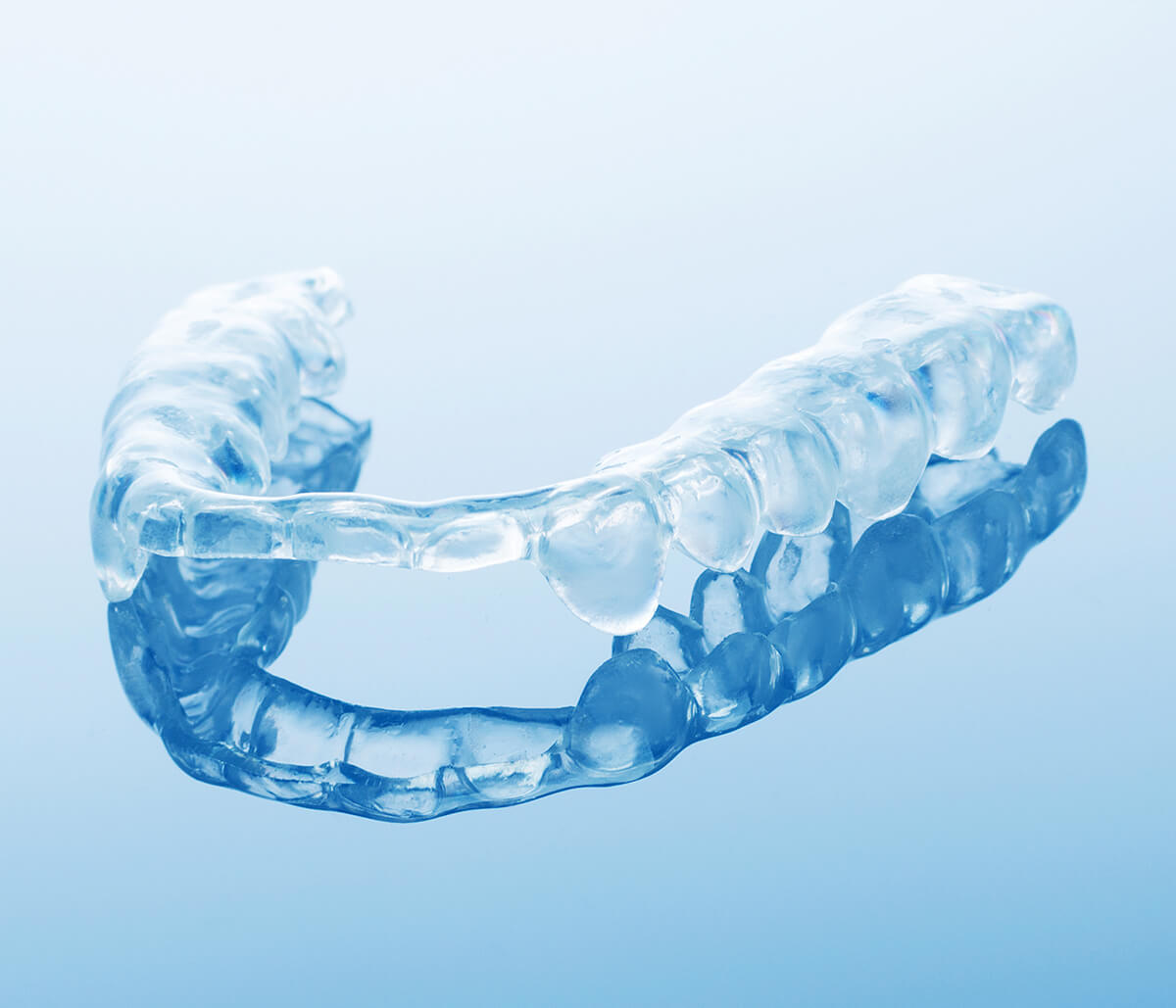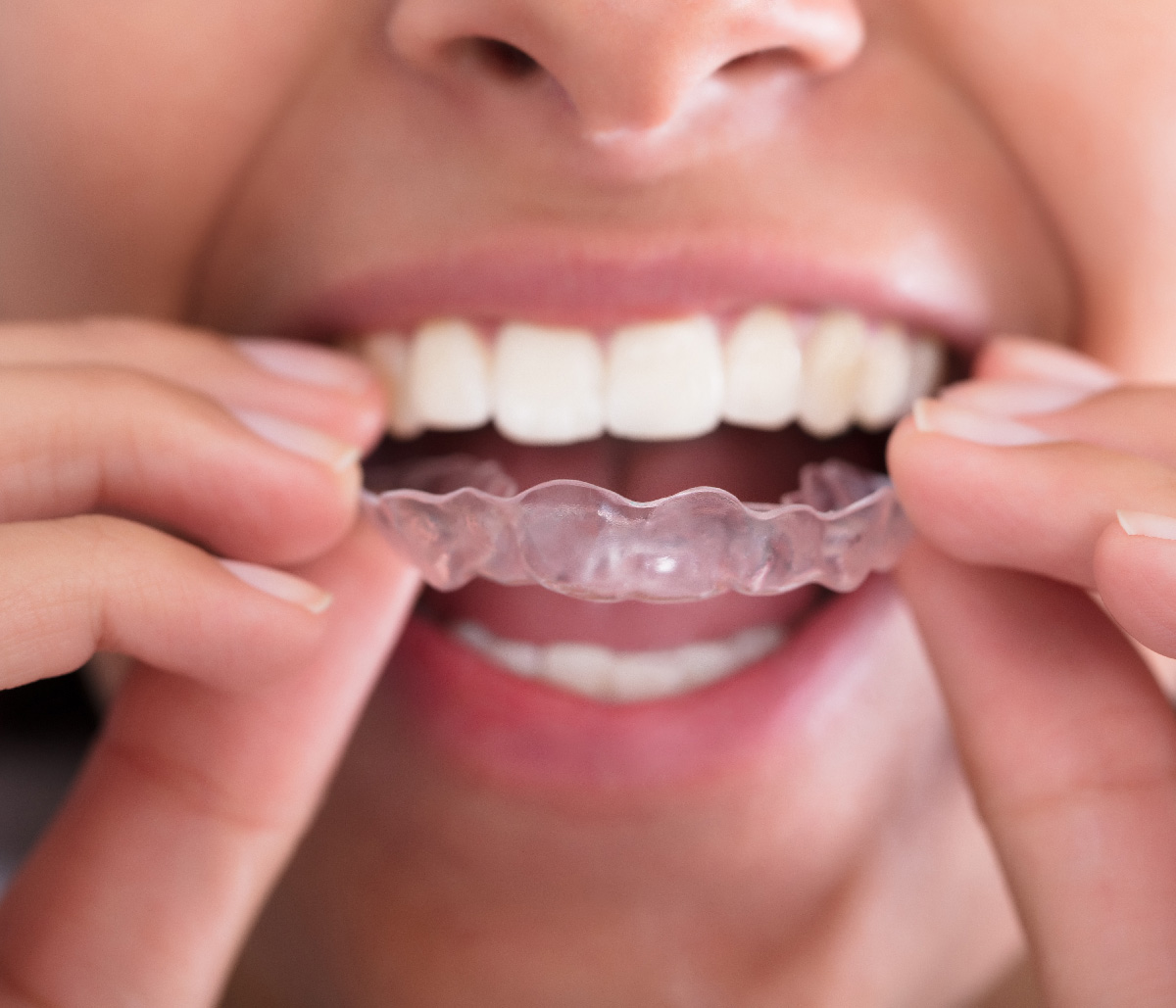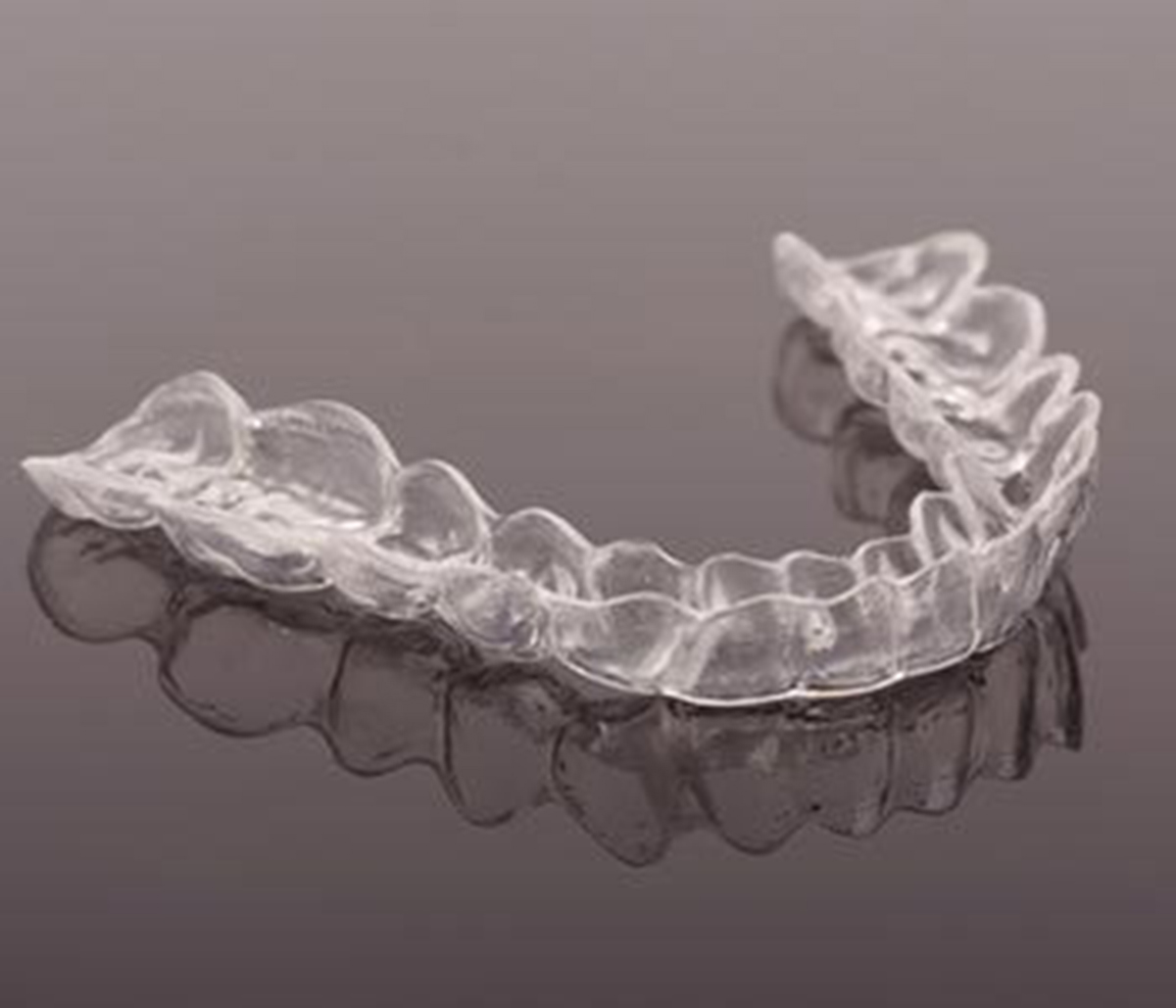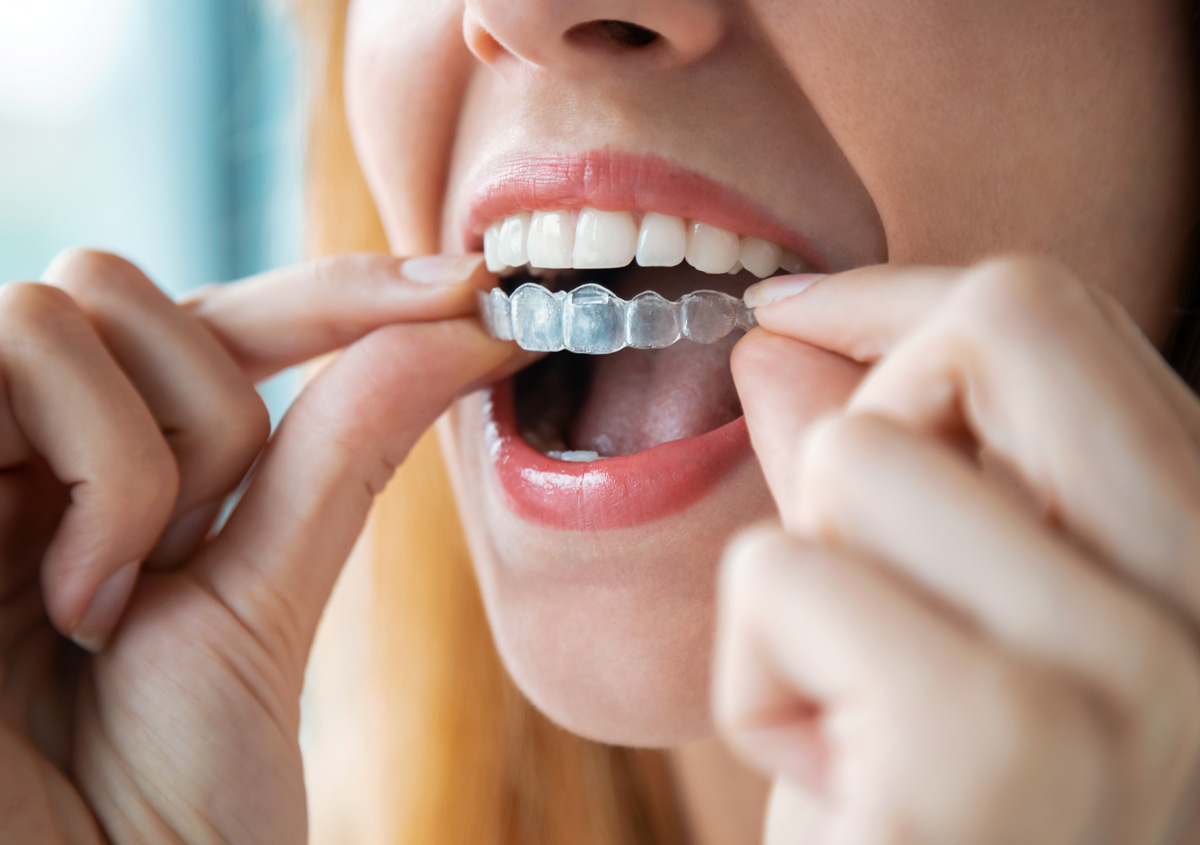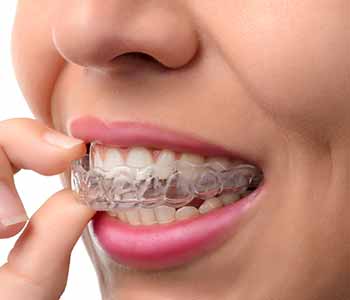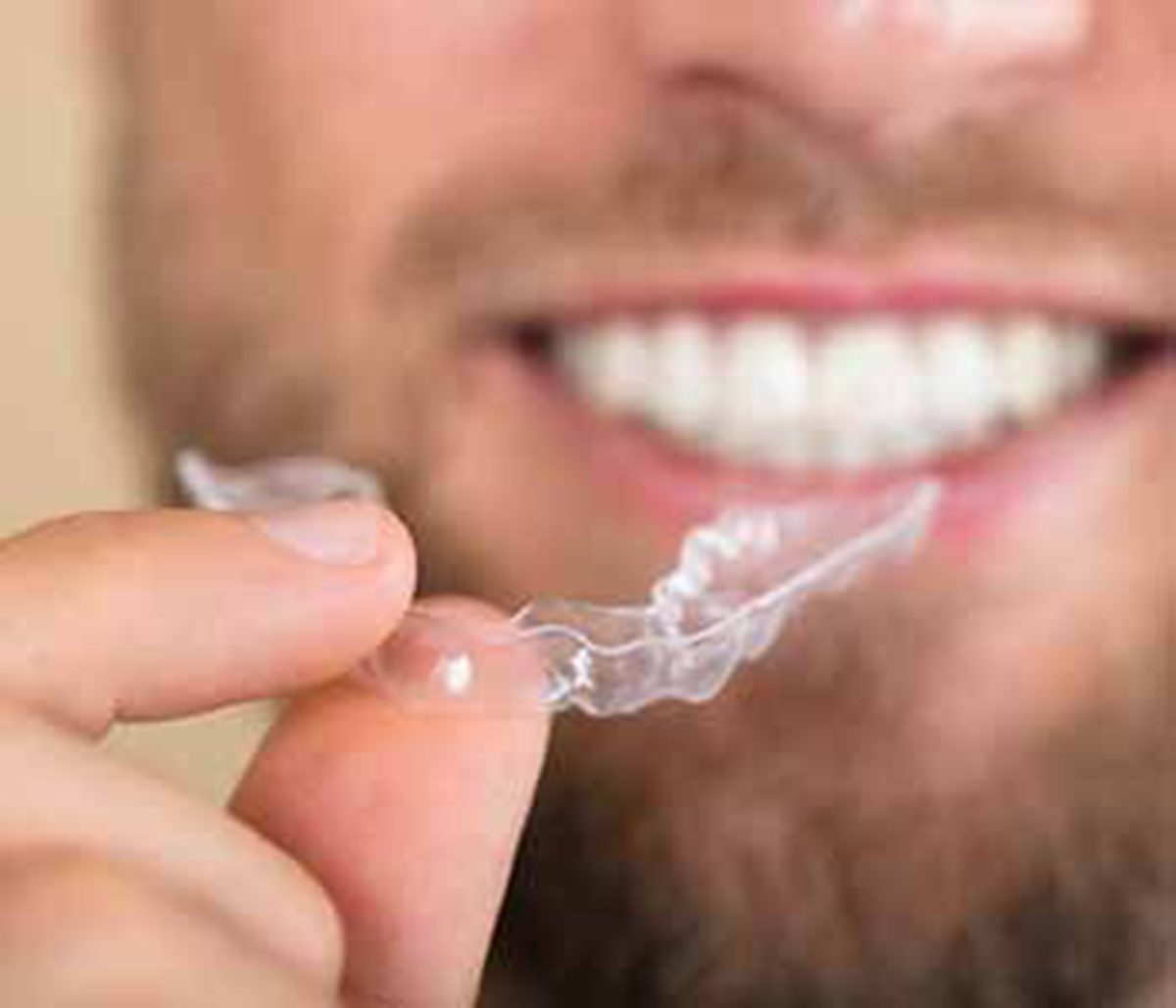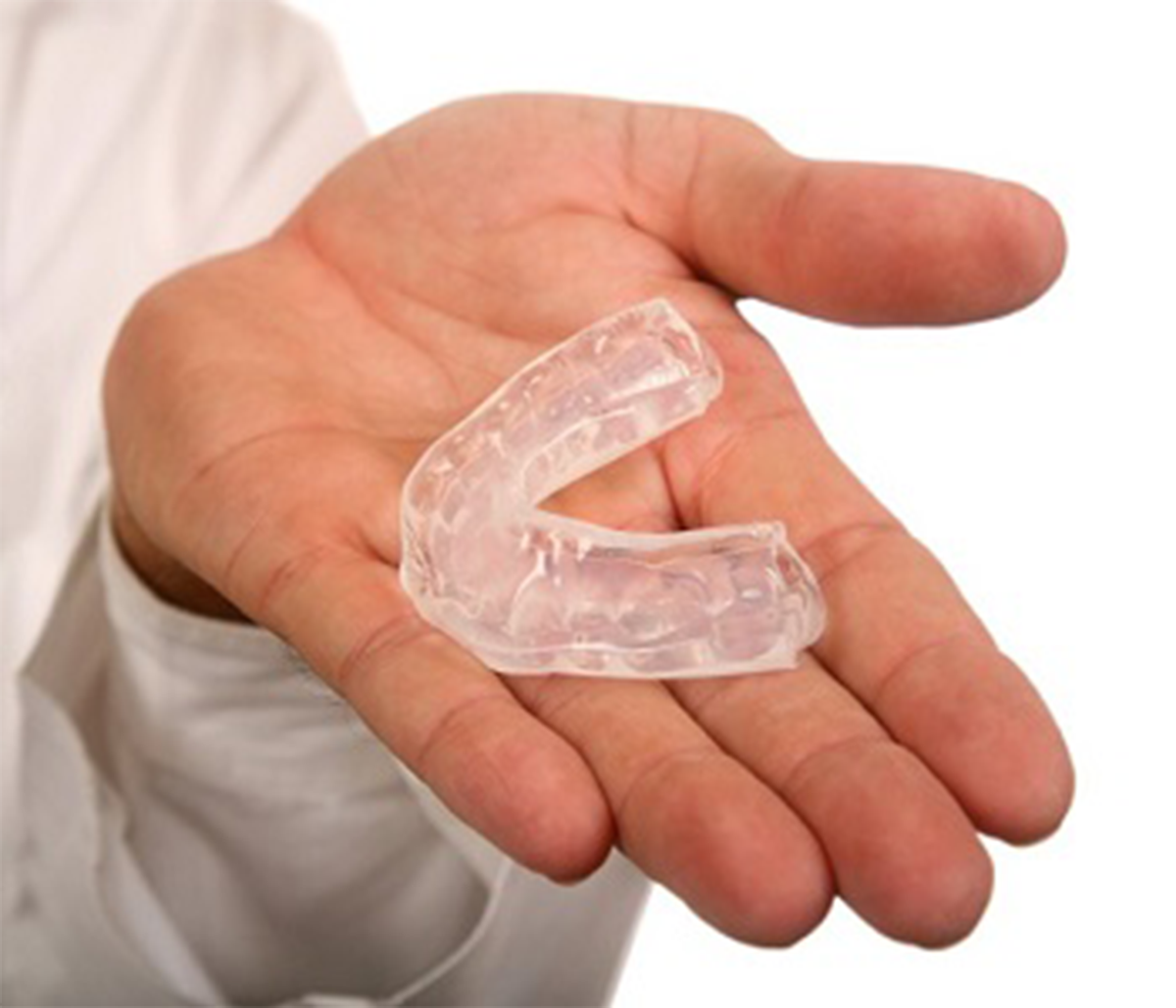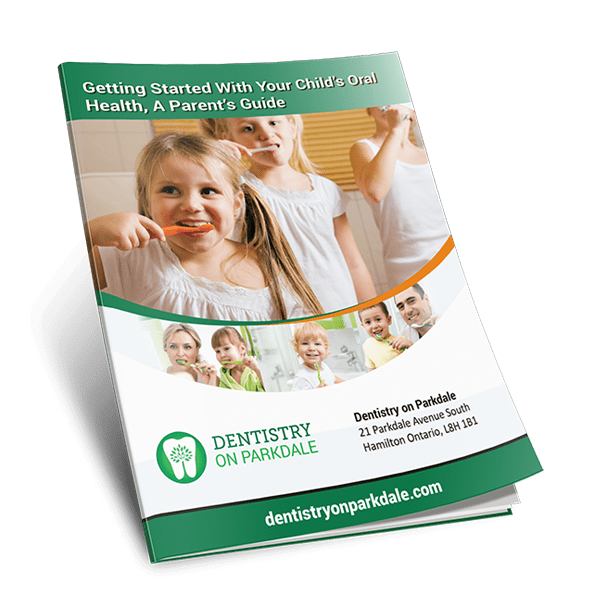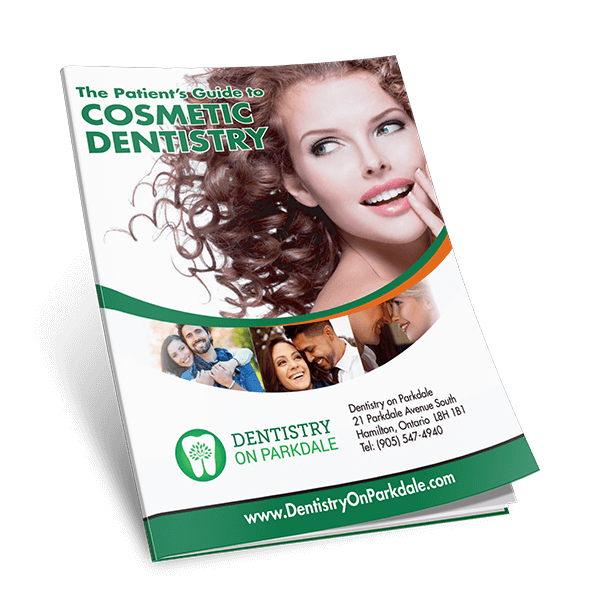Night guards are somewhat different from mouth guards worn during sports, though the basic design and intent is the same: to protect the teeth and jaws from injury. While mouth guards are worn during physical activities like playing basketball, the night guard is specifically worn at night when you sleep.
If you think teeth and the jaw cannot be injured while you sleep, think again.
It is believed that 30 to 40 million Americans, children and adults, grind and clench their teeth. The condition is known as bruxism, and it can cause a variety of problems if not treated. Nocturnal bruxism, in which grinding and clenching occur when asleep, may occur without the bruxer knowing he or she is at risk for secondary issues.
Bruxism is thought to be linked to stress, but may also occur for other reasons. In some cases, it’s possible that grinding and clenching have simply become a habit. Misalignment may also be an underlying cause, with the jaw naturally attempting to “line teeth up” whenever possible.
The concern with bruxism is that the jaw is capable of placing hundreds of pounds of pressure onto teeth and the musculoskeletal structure, including the joints at the back of the jaw. The persistent act of clenching and grinding can lead to a number of problems, such as:
- Excessive wear on teeth that leads to exposed dentin
- Tooth sensitivity
- Unexplained facial pain
- Chronic headaches, either in the morning upon waking or throughout the day
- TMJ symptoms such as stiffness, pain, or popping and clicking in the jaw
NIGHT GUARDS REDUCE STRESS ON THE JAW
A night guard is a type of splint that fits around teeth comfortably. This thin piece of plastic may be inconspicuous but it promotes oral health. A night guard does a few things. First, it absorbs the shock and distributes the force of grinding and clenching. By preventing trauma, the night guard can prevent fractures in teeth. The night guard also prevents undue wear to the biting surfaces of teeth. Finally, because the night guard may minimize subconscious movements of the jaw, this appliance can relieve stress on the temporomandibular joints, decreasing inflammation and tension.
DO YOU NEED A NIGHT GUARD?
Night guards may be recommended for numerous reasons. If Dr. Ho notices excessive wear or certain wear patterns on teeth, she may recommend that a night guard be customized to prevent damage. Patients who experience frequent headaches, facial pain, or soreness in the joints of the jaw are showing signs of TMJ disorder and may benefit greatly from regular wear of a night guard.
Bruxism threatens the longevity of natural teeth and poses a risk to dental restorations and your general sense of wellbeing. Visit Dentistry on Parkdale for a custom fitted night guard and improve your sense of comfort and your oral health.

Dr. Karen Ho is a trusted dentist serving patients of all ages in Hamilton, Ontario. Having studied at prestigious institutes such as McMaster University and University of Toronto and trained at Hartford Hospital (General Practice Residency), she opened her private practice in 2003.
Dr. Ho is committed to lifelong learning as she believes that she can serve her community better by constantly updating herself. She is affiliated with many professional organisations like the Academy of General Dentistry, Institute for Clinical Practice of Pediatric Dentistry, The Dawson Academy Study Club, Niagara Peninsula Dental Diagnostic Study Club, Hamilton Chapter of the Seattle Study Club (Founding Member), and Boston and Tufts Universities.


